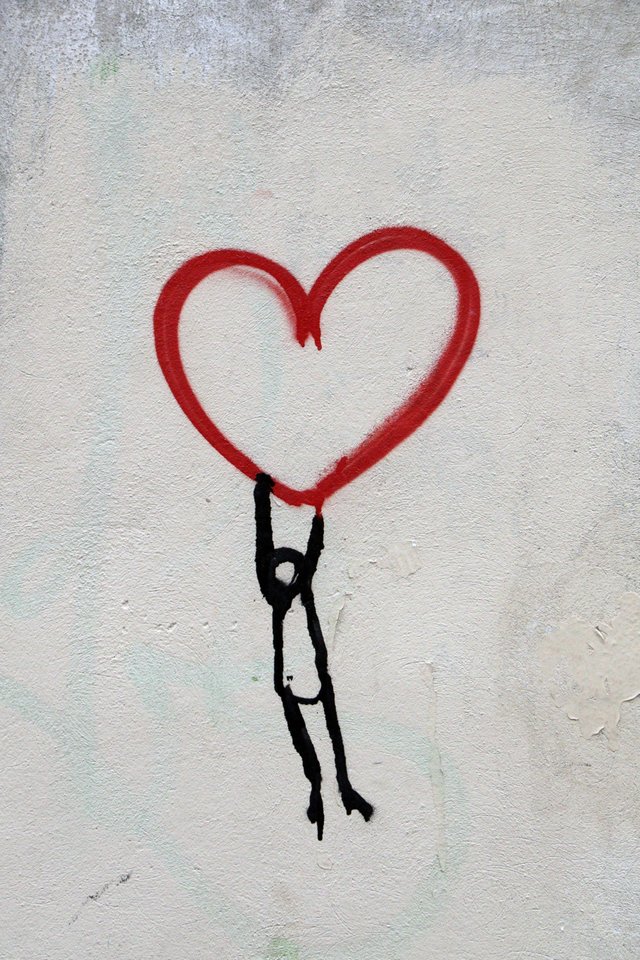What is love
Love is complex. You receive it. A mixture of emotions, behaviors, and beliefs associated with strong feelings of affection, protectiveness, warmth, and respect for another person.
Love can also be used to use to non-human critters, to fundamentals, as well as spiritual beliefs. By way of instance, a individual might say he or she loves her or his dog, enjoys liberty, or loves God.
WHAT IS LOVE?
Love has been a favorite topic of philosophers, poets, writers, and scientists for generations, and unique people and groups have frequently battled about its own definition.
While many men and women agree that love implies strong feelings of affection, so there are many disagreements about its precise meaning, and one individual's"I adore you" might mean something very different than another's. Some possible definitions of love include:
A willingness to enhance another's well-being or happiness above your own.
Extreme feelings of affection, affection, and need.
Spectacular, unexpected feelings of attraction and respect.
A fleeting emotion of care, affection, and like.
A option to commit to assisting, respecting, and caring for another, like in marriage or when having a child.
Some combination of the above emotions.
There has been much debate about if love is an option, is something that's permanent or fleeting, and if the love between family members and spouses is programmed or culturally indoctrinated. Every one of those debates about love could possibly be true in certain time and somewhere. For example, in some instances, love might be a option while at others it may feel uncontrollable.
LOVE VERSUS LUST
Especially in the early phases of a relationship, it can be tough to discern the difference between love and lust. Both are associated with physical attraction and also an intoxicating rush of feel-good compounds, coupled with an often overwhelming desire to become closer to another person, but just one is long-term: love.
It involves commitment, time, mutual trust, and approval.
Lust, on the other hand, has to do with the sex-driven senses that draw people toward one another initially and is fueled mainly by the impulse to procreate. Characterized by gender hormones and idealistic infatuation, lust blurs our ability to observe a person for who he or she truly is and thus, it might or might not lead to some long-term relationship.
If she meets Brendan, she encounters instant feelings of attraction and longing. The chemical messengers in her mind start sending signals to pursue this new guy, although she doesn't know anything about him other than just how his presence makes her feel ill. Instead of working to improve intimacy with her current partner, she is overcome by lust for someone new.
The ideal intimate relationship scenario, some might say, involves a balanced combination of lust and love. After all, lusting after somebody is typically a significant early stage of a long-term venture, and reigniting that initial spark is a practice worth nurturing for committed couples.

LOVE AND MENTAL HEALTH
Although almost no one can agree on a single definition of love, most individuals do agree that love plays a significant role in both physical and psychological well-being. Numerous studies have demonstrated the advantages of love.
The fact that babies that are not shown affection and love in the form of frequent holding and cuddling may be developmentally delayed or ill.
Feeling unloved is closely correlated with feelings of low self-esteem and melancholy.
People who feel loved by other people and who report enjoying other men and women tend to be happier.
Love may play a part in long-term wellbeing, and feeling emotionally linked can help boost immunity.
#love #lovestory #loveislife #loveyou #iloveyou #couple #lovelife #relationship